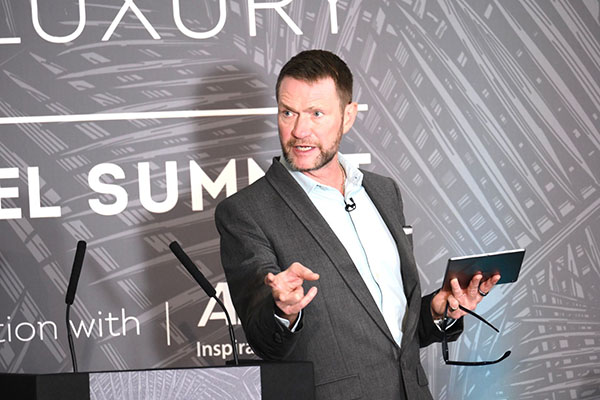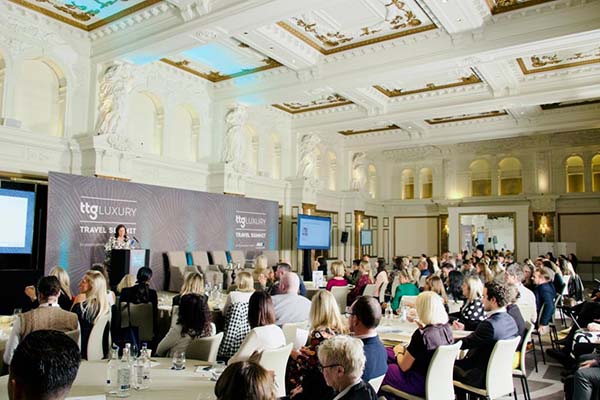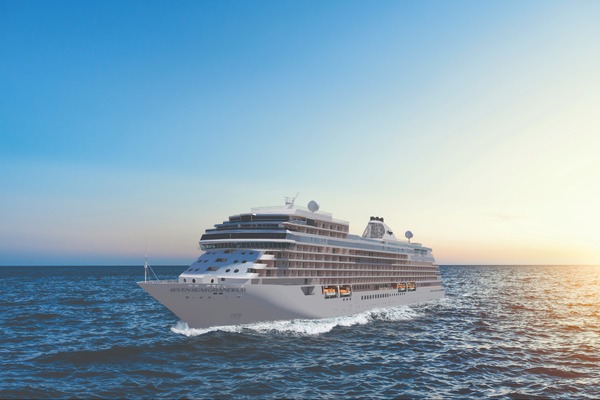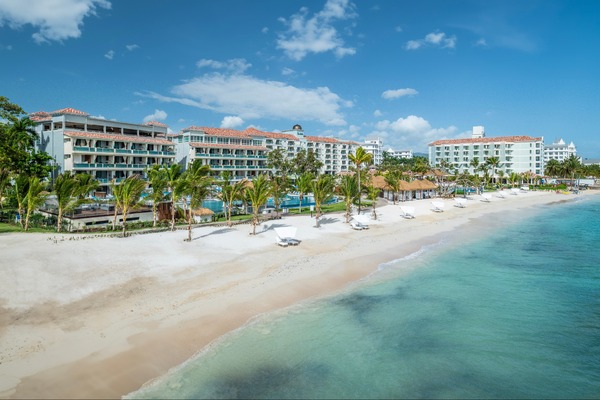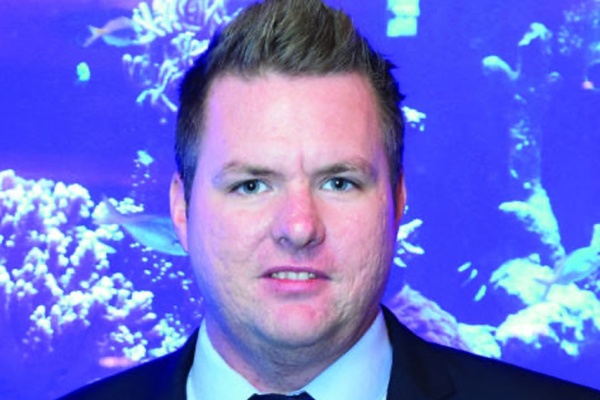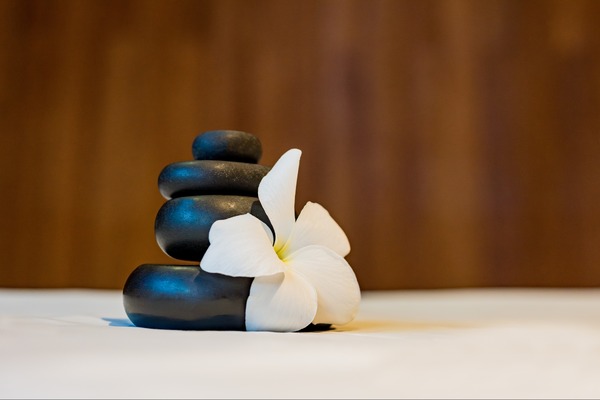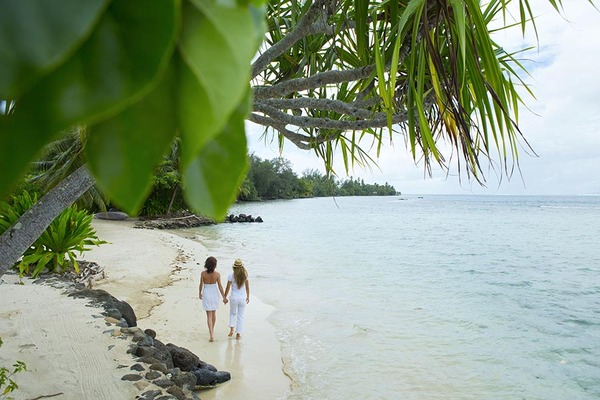The trends set to shape luxury travel in 2024 – and beyond
The Future Laboratory co-founder Christopher Sanderson shared insight into the forces, changing values, and emerging trends set to shape the future of luxury travel, at the TTG Luxury Travel Summit in London
After a turbulent period for the tourism sector, pent-up customer demand will fuel its recovery. “But it won’t be plain sailing,” warned Christopher Sanderson, the co-founder of market research, trends and intelligence service, The Future Laboratory.
The good news is that, according to a report by Bain & Company, the experiential luxury sector has grown by 5-6% annually over the past five years, and is projected to grow to a global value of $1.2 trillion by 2025.
“But luxury travel providers must embrace sustainability, innovation and ever-merging categories to stay ahead of the curve,” warned Sanderson speaking at the TTG Luxury Travel Summit at the Kimpton Fitzroy, London. He said those brands and services that allow individuals to enjoy the ’human qualities of travel’ once again will find a firm way forward.
“We are embarking upon a new era in luxury travel driven by the Transformation Economy - where throwaway interactions are traded for more meaningful, purpose-driven moments,” Sanderson explained.
But what does that entail and how can luxury travel brands forge a place in consumers’ lifestyles in a sustainable way? Here are Sanderson’s top takeaways…
The values travellers will prioritise
Sanderson highlighted the powerful factors that are reshaping the world of luxury travel:
Value 1: Maximalism mindsets
Following a spate of revenge spending, we can now expect aspirational consumers to be more selective, placing higher value on fulfilling experiences and personal growth over high-ticket items.
Value 2: New Luxury World Order
Yet, in light of global social and political events, a mass re-organisation is afoot in terms of how luxury travellers structure their lives, influencing where, when, and why they choose to travel. Specifically, corporate travel combined with pleasure is becoming huge.
Value 3: Uneasy affluence
Consider this: 40% of emissions can be traced back to the income flows of the top 10% in the US, but the top 1% of earners alone generate 17% of the nation's emissions. As a result, sustainability has become not just a nice-to-have, but a must-have part of the luxury experience.
Amid increasing uneasiness concerning privilege and wealth, the conversation surrounding luxury travel is refocusing on the responsibilities of both luxury consumers and the industry itself.
Three top trends to be aware of
At the Summit Sanderson outlined these key trends:
Travel trend 1: Illuminating Escapes
After years of restrictions and frustrations, consumers are no longer willing to settle for sub-par experiences. Instead, they are seeking hyper-personal holidays that bring educational experiences and moments of personal growth to the fore, often seeking the help of epicurean advisors to help them craft memorable trips.
Travel trend 2: Bleisure redefined
Challenging what it means to be wealthy, modern luxurians are adopting a lifestyle that prioritises freedom and self-fulfilment over a settled existence. For these consumers, travel is not a shortcut for experience-collecting. Instead, it is a tool for learning, self-realisation and fleeting moments of human connection.
As a result, blended travel is undergoing a transformation, shifting away from a work-centric focus to one that prioritises autonomy, balance, and leisure. New hospitality spaces are drawing inspiration from co-working and members’ clubs with hybrid offerings that mix work, play and rest under one roof.
Travel trend 3: Supercharged Sustainability
Beyond seeking to just reduce their environmental footprint, hospitality brands are striving to take onboard regenerative and long-lasting sustainable solutions without failing to meet guests’ expectations of luxury hospitality.
Are you ready?
Three questions to ask of your own business, to be able to respond to these changes and capitalise on these trends:
1. How can we captivate and rejuvenate the experience-fatigued luxury consumer through the creation of exclusive, one-of-a-kind travel experiences?
2. As we prepare for a new wave of nomadism, what steps can we make to ensure this lifestyle is inclusive of workers beyond the white, Western and middle-class archetype of the digital nomad?
3. Businesses servicing the wealthiest 1% should strive to make sustainability sexy. How can we maintain excellence and quality while reducing waste and promoting regeneration?
